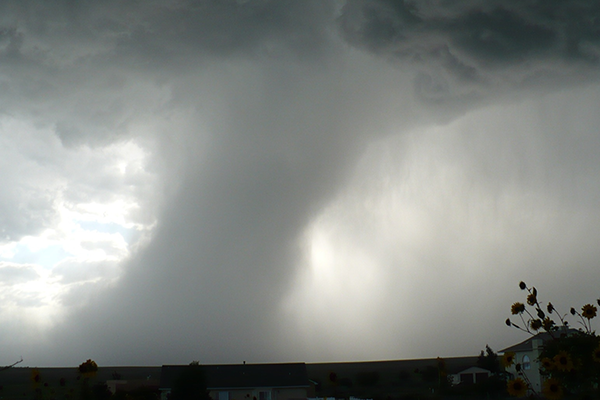
Anger
December 18, 2023
Gabriel Visits Mary
December 29, 2023The Promise of a Savior

The book of Isaiah is the Bible in miniature. It has 66 chapters corresponding to the 66 books of the Bible. The first 39 chapters have a tone of judgment, and the last 27 chapters, like the New Testament, emphasize grace and forgiveness. Something extraordinary happens in chapter 40 as the prophet introduces the savior in greater detail. The following twenty-seven chapters anticipate the coming of the savior. Isaiah says the savior is coming!
If anybody needed saving, it was the people of Judah who had been taken away from their homeland. They were far away from their God. They were like the debtor in debtor’s prison with no way to pay their debt. Isaiah said this to them: “…her sin has been paid for” (Isaiah 40:2).
Isaiah 39 predicted nearly 200 years before that Babylon would take the nation of Judah captive. That prophecy was fulfilled in 586 B.C. Thousands were killed when the Babylonians took Jerusalem, and many survivors were taken into exile hundreds of miles from their beloved homeland. The people of Judah were disappointed beyond description with how their lives turned out. They lost their country and struggled with their identity. Today, people continue to be disillusioned with their lives, careers, marriages, and what they have become. Isaiah knows that when human hope is wiped out, the only hope is hope in God.
When we look at our failures and say to the Lord, “I need you,”—He comes just like he came to Judah. He breaks through and brings comfort—the comfort of forgiveness. The kind of comfort we long for deep inside.
Isaiah says it’s the message that matters. A voice of one calling: “In the desert prepare the way for the Lord” (Isaiah 40:3). This is a strange voice to us of the 21st century. We are not accustomed to accepting just a voice. We want a face, a name, a personality, but we don’t get any of those from Isaiah. What we get is just a voice that speaks a message.
Isaiah says he is a savior who transforms the landscape. “Every valley shall be raised up, every mountain and hill made low; the rough ground shall become level, the rugged places a plain” (Isa 40:4). Isaiah is not referring to changes in the physical landscape but the spiritual landscape. Isaiah is describing the lifting up of a depressed person. He is painting a picture of how Jesus levels out pompous people. He describes the miraculous change that happens to a man who has made a mountain of heartache with bad choices. The prophet is talking about the woman who has lost all hope and doesn’t want to live—but is lifted up by the savior. This prophesy is about a savior who changes people and transforms their lives. He was promised nearly a thousand years before Bethlehem, and he came. He came for you!



